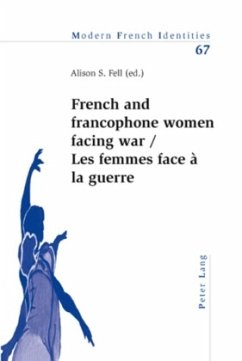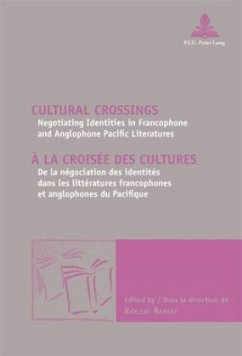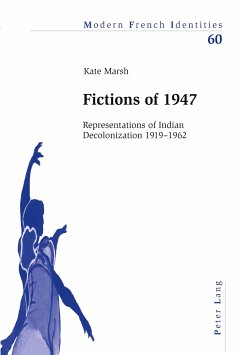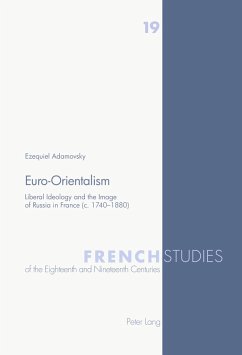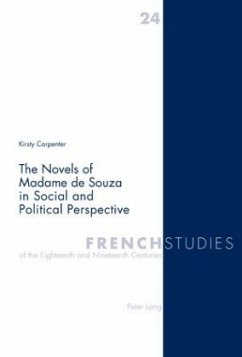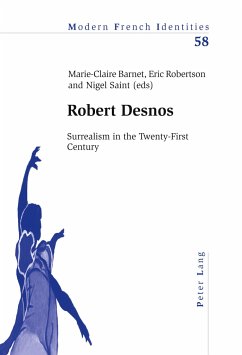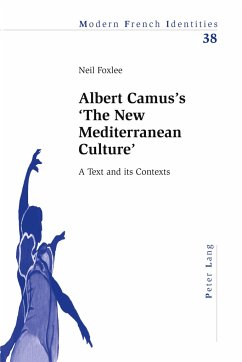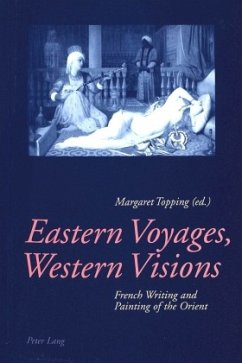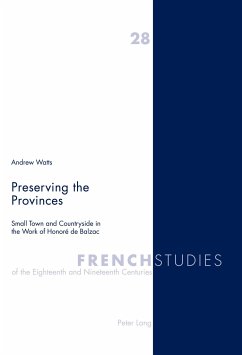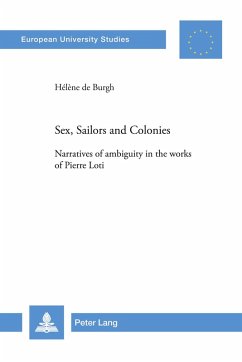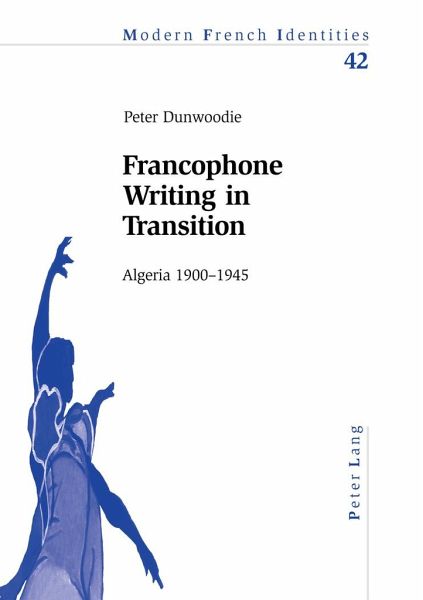
Francophone Writing in Transition
Algeria 1900-1945
Versandkostenfrei!
Versandfertig in 6-10 Tagen
98,55 €
inkl. MwSt.

PAYBACK Punkte
0 °P sammeln!
Francophone writing in Algeria has traditionally been read as grounded in displacement and erasure of the colonised culture. Yet even the most assimilated évolué remained critical and conscious of a dual allegiance; and even the most resistant underwent significant acculturation, which they had to integrate into their claims to rootedness in a local community (itself jarringly reshaped by colonialism). Their writing (both fiction and non-fiction) is studied here for the first time as the hesitant articulation of strategies of alternative representation and, however modest, of deviance as a f...
Francophone writing in Algeria has traditionally been read as grounded in displacement and erasure of the colonised culture. Yet even the most assimilated évolué remained critical and conscious of a dual allegiance; and even the most resistant underwent significant acculturation, which they had to integrate into their claims to rootedness in a local community (itself jarringly reshaped by colonialism). Their writing (both fiction and non-fiction) is studied here for the first time as the hesitant articulation of strategies of alternative representation and, however modest, of deviance as a form of resistance. Although clearly indebted to the objectives and constraints of the Algerianist aesthetic of the interwar years, it introduced the Muslim Algerian subject into the colonial novel, reorienting or correcting the colonists' vision thereof and providing an alternative to the latter's monologic production.



